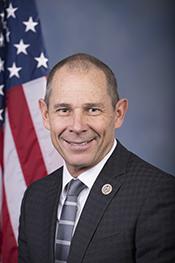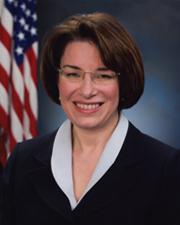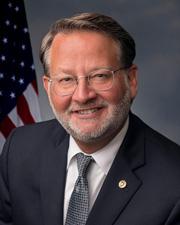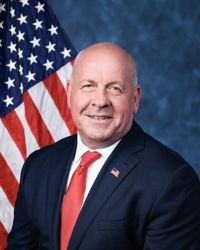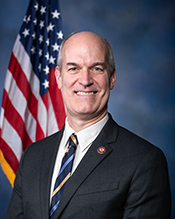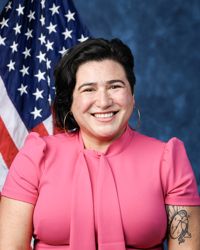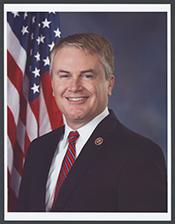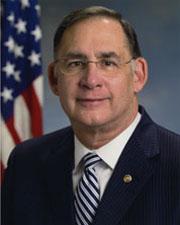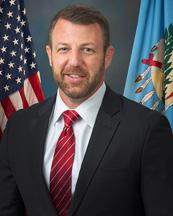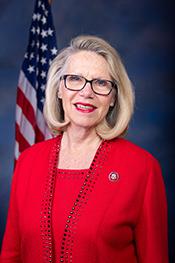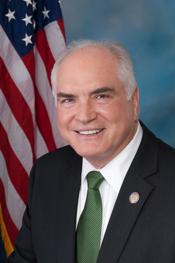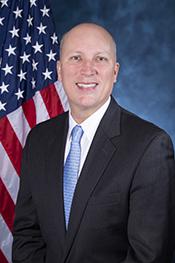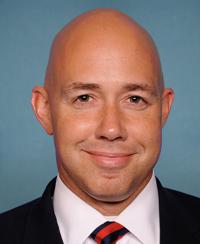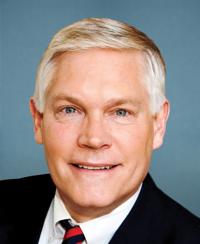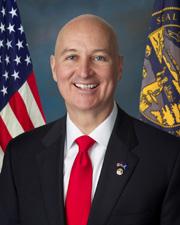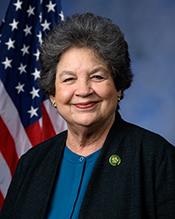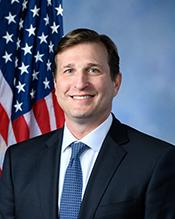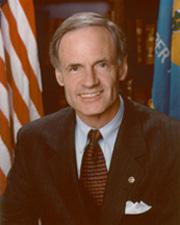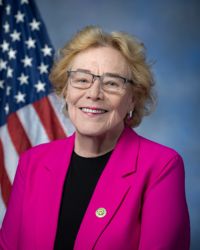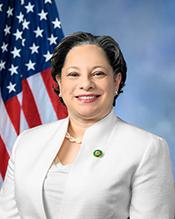S. 98: Rural Broadband Protection Act of 2025
The Rural Broadband Protection Act of 2025 aims to enhance the Federal Communications Commission's (FCC) oversight of applicants seeking funding from the high-cost universal service program. This program provides financial support to extend broadband services, particularly in rural areas where such services are often lacking or unreliable.
Key Provisions of the Bill
- Vetting Process Implementation: The bill mandates the FCC to establish a vetting process for organizations applying for funding. This change is intended to ensure that only qualified applicants receive support.
- Definitions:
- Covered Funding: This refers to any new offers of financial support for deploying broadband-capable networks, including funding awarded through competitive bidding.
- New Covered Funding Award: This refers to awards made after the FCC develops specific rules for applications submitted for this funding program.
- Rulemaking Timeline: The FCC is required to initiate a rulemaking process within 180 days of the bill's enactment to establish the vetting criteria and procedures for applicants and recipients of the funding.
- Application Requirements: Applicants must submit detailed proposals demonstrating their technical, financial, and operational capabilities, including a realistic business plan for deploying services and meeting FCC-defined performance standards.
- Evaluation Criteria: The FCC will assess applications based on established technical, financial, and operational standards, as well as the applicant's past compliance with funding program requirements.
- Penalties for Non-Compliance: The bill stipulates that penalties for violations of pre-authorization agreements should be set at a minimum of $9,000 per incident. Additionally, in cases of serious violations, the penalty may be up to 30% of the total support awarded to the applicant, unless a justification for a lesser penalty is provided.
The overarching goal of the bill is to ensure that funds allocated for broadband expansion are used effectively and responsibly, with the intention of improving connectivity in underserved rural regions.
Relevant Companies
- T (AT&T Inc.) - As a major telecommunications provider, AT&T could be affected by changes in funding distribution for rural broadband, impacting its investment and infrastructure expansion strategies.
- VZ (Verizon Communications Inc.) - Verizon's operations in rural areas may be influenced by new vetting processes and funding eligibility requirements, potentially affecting its plans for network deployment.
- CMCSA (Comcast Corporation) - Comcast could see impacts from the funded projects in rural areas, especially if their eligibility and performance metrics are altered by this legislation.
This is an AI-generated summary of the bill text. There may be mistakes.
Sponsors
4 bill sponsors
Actions
5 actions
| Date | Action |
|---|---|
| Apr. 28, 2025 | Committee on Commerce, Science, and Transportation. Reported by Senator Cruz without amendment. With written report No. 119-14. |
| Apr. 28, 2025 | Placed on Senate Legislative Calendar under General Orders. Calendar No. 48. |
| Feb. 05, 2025 | Committee on Commerce, Science, and Transportation. Ordered to be reported without amendment favorably. |
| Jan. 15, 2025 | Introduced in Senate |
| Jan. 15, 2025 | Read twice and referred to the Committee on Commerce, Science, and Transportation. |
Corporate Lobbying
0 companies lobbying
None found.
* Note that there can be significant delays in lobbying disclosures, and our data may be incomplete.

